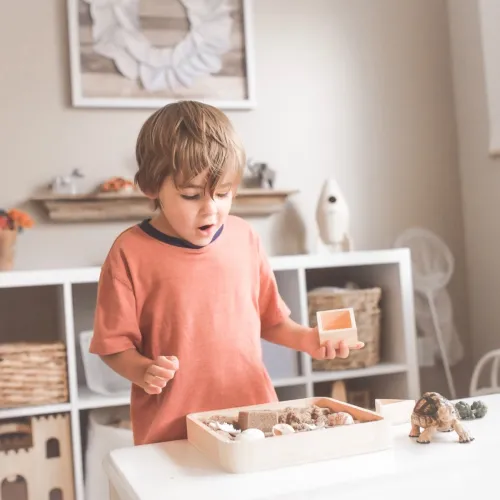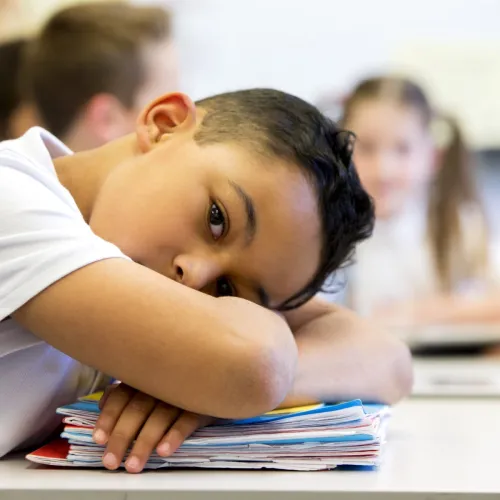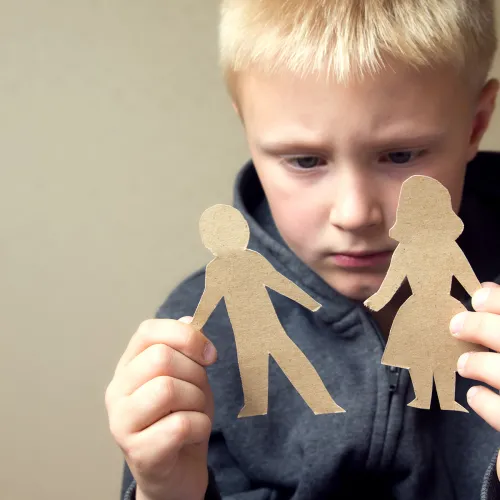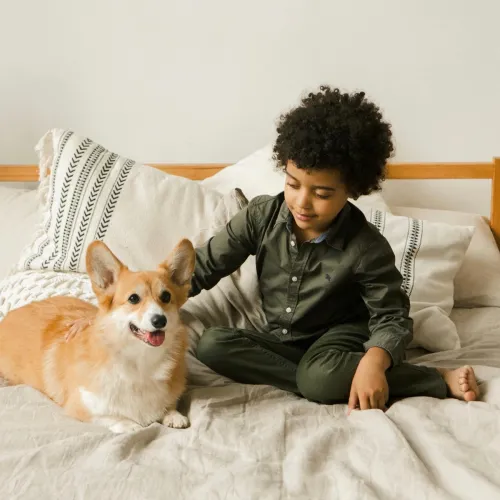3 Big Misconceptions About Divorce with Children
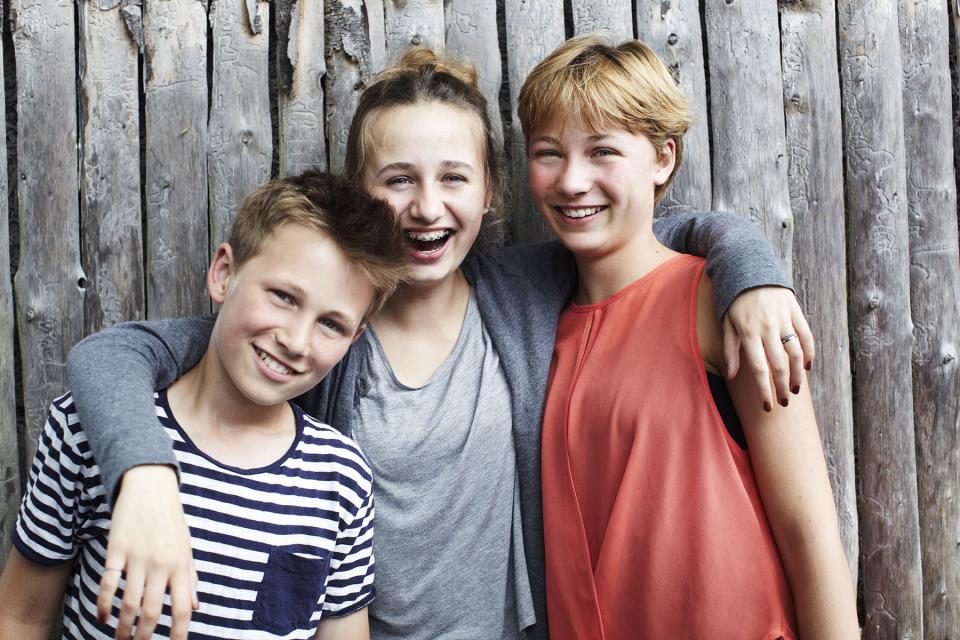
When parents begin the process of divorce with children, they often have some misconceptions about what life will be like after divorce. While some of these misconceptions can be innocuous, others are more serious and can even prevent parents from starting their co-parenting relationship on solid footing.
To prevent any preconceived notions from interfering with successful co-parenting, here are 3 common misconceptions parents can succumb to as they go through a divorce.
1. That you no longer have a relationship with each other
The biggest misconception about life after divorce when children are involved is that your relationship with each other has ended entirely. This couldn't be further from the truth.
While your romantic relationship may have ended, your co-parenting relationship is just beginning. And as long as you and your co-parent are raising children together, you will have to deal with one another. Even after your children become adults, you won’t be completely free of each other.
Here is a brief list of events that you will most likely have to share with the other parent:
- Parent-teacher conferences
- School plays, concerts and other special events
- Sporting events
- Birthdays
- Graduations
- Weddings
These are just a few examples of times where it may become necessary for you and the other parent to share time with your child together. You’re going to continue to interact, so it’s important to get past the animosity and work on developing a business-like relationship with your ex.
2. That you will suddenly be different people after your divorce
If communication issues plagued your relationship before your divorce, they aren’t going to suddenly disappear as you begin co-parenting. While parents may hope that they can put the past behind them immediately, reality can sometimes get in the way.
That’s not to say you won’t get there eventually. But at the beginning of co-parenting, right after a divorce, emotions are going to be tender. Plus, bad habits can be difficult to break, especially when they’ve become ingrained over the years.
To begin the work of overcoming bad communication habits, parents need to be honest about those shortcomings and actively work toward counteracting them.
One of the simplest first steps is to build barriers that prevent you from falling into the same patterns of behaviour. If you and your co-parent have trouble listening to each other in face-to-face or real-time conversations, for example, replace phone calls and text messaging with a platform that puts the right amount of space between the two of you.
Another example: if you know you are a defensive communicator, take the time to examine and understand your trigger points. Once you recognise where your communication can go off the rails, you’ll be better able to identify when it’s happening and take steps to counteract it.
3. That being a “bad” spouse means they're a bad parent
It is important to accept that in most cases children should have both parents involved in their lives. But when parents blame each other for their divorce, that can be a tough thing for some to accept.
Under these circumstances, parents may be tempted to think that their co-parent’s shortcomings as a romantic partner are somehow reflective of their abilities as a parent. But this line of thinking can only lead to conflict as parents begin to devalue their co-parent’s contributions to their children’s lives.

